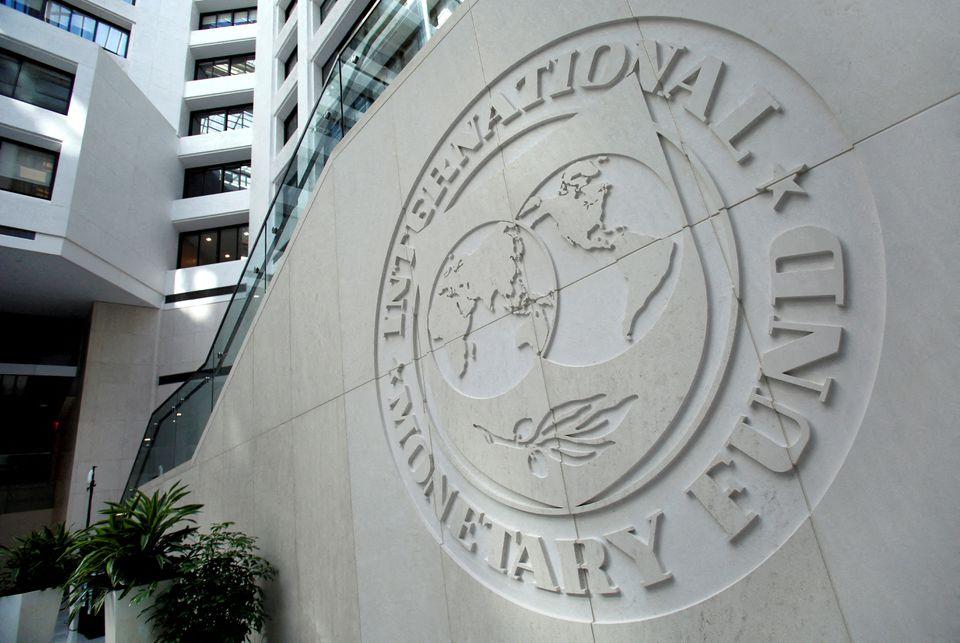Africa-Press – Eritrea. Sub-Saharan countries should avoid price controls and export restrictions as an inflation control measure as this may exacerbate supply constraints.
In a detailed regional economic outlook by the International Monetary Fund (IMF) dubbed ‘A new shock and little room to maneuver, regional states have instead been urged to come up with policies that will ensure targeted and direct transfers to vulnerable households.
“Fiscal policy needs to react in a targeted manner, aiming at protecting vulnerable segments of the population from the increase in energy and food prices without adding to debt vulnerabilities,”
It adds that it is then essential that these savings are directed largely to strengthening fiscal sustainability supported by strong governance frameworks, given the precarious conditions faced by many countries.
“Where this is not feasible, countries may use targeted tax reductions or price subsidies with clear sunset clauses to contain the rise in domestic food and energy prices,” IMF said.
The lender adds that the policy response should consider the persistent nature of the commodity price shock, calling for careful use of limited fiscal resources and implying that excessive shielding of domestic prices will eventually require a large adjustment.
Furthermore, it should differentiate between countries, depending on economic and social conditions and on whether they are commodity importers or exporters.
According to the lender, net commodity importing countries like Kenya will face strong pressures on fiscal balances.
To support the vulnerable via targeted transfers and subsidies, countries will need to reprioritize spending, for example, by cutting non-essential expenditures such as wasteful subsidies to state-owned enterprises (SOEs).
“The fiscal adjustment will need to be stronger in countries facing tighter financial constraints,” IMF says in the report.
The war in Ukraine is hitting the region at a time when most countries have little to nonexistent fiscal space to buffer the shock.
Over the medium term, IMF says most countries in the region will need to continue fiscal consolidation in order to reduce debt vulnerabilities and boost resilience while protecting development spending.
It adds that countries should also adopt credible medium-term fiscal frameworks to ensure that sufficient resources are available to meet debt-service obligations and broader spending needs.
“By raising trust in fiscal sustainability, credible budget plans can reduce borrowing costs by as much as 40 basis points,” the report says, adding that even countries without market access benefit from fiscal credibility by attracting more private investment and fostering macroeconomic stability.
According to IMF, The pandemic has worsened most countries’ fiscal position, pushing the public debt to its highest level since the beginning of the century.
One-half of low-income countries in the region are in debt distress or at high risk of distress, and many have been left with little or no fiscal space at a time of elevated spending needs.
The composition of creditors has also changed markedly. Bilateral debt has shifted from Paris Club members to non-Paris Club creditors, making debt renegotiations more complicated.
“Furthermore, a growing pool of private creditors has largely financed the increase in public debt, reflecting the region’s deepening financial markets and improved access to international markets,” IMF says.
Domestic government debt has increased from 15 per cent of GDP in 2010 to 30 per cent in 2020. Over the same period, external public debt held by private entities has increased from four percent of GDP to 11 per cent
For some countries, the lender says restoring debt sustainability will require debt re-profiling or an outright restructuring of their public debt.
IMF is afraid that the volatile exchange rate regime globally is expected to worsen debt obligations on the continent.
Monetary tightening in the United States and rising risk premiums associated with the war in Ukraine has placed downward pressure on exchange rates across the region.
It advises that for pegged currencies, authorities should find the right balance between monetary and fiscal policy to maintain the credibility of the peg.
“For countries with more flexible arrangements, depreciation may help buffer the effects of global tightening. But even for these latter countries, difficult decisions may lie ahead,” IMF warns.
It holds that the Targeted use of foreign exchange intervention may help to lean against excessive exchange rate movements but the scope for intervention is often constrained by low levels of international reserves.
For More News And Analysis About Eritrea Follow Africa-Press







